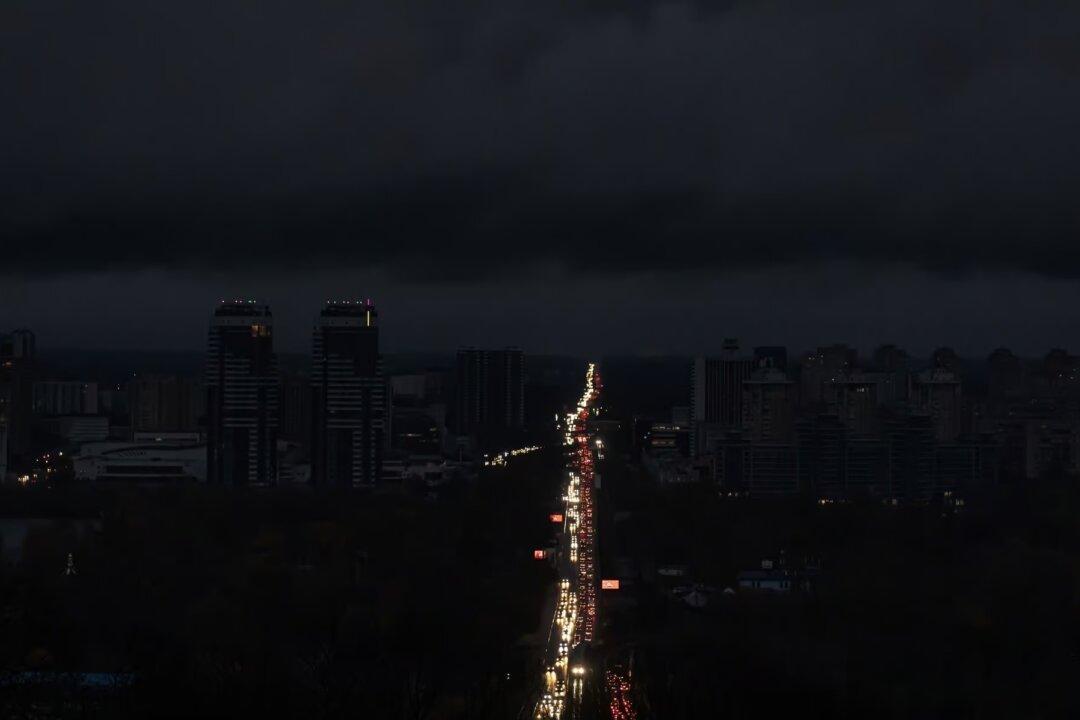Commentary
April 28th will be remembered as the largest blackout (so far) in European history. Power went down in the whole of continental Spain and Portugal, taking more than 20 hours to come back in some areas. It has been blamed on technical causes, although the Audiencia Nacional (National High Court) has opened an investigation for possible cyberattack. Whatever the cause, however, we can see it as a symptom of something deeper and more far-reaching.

